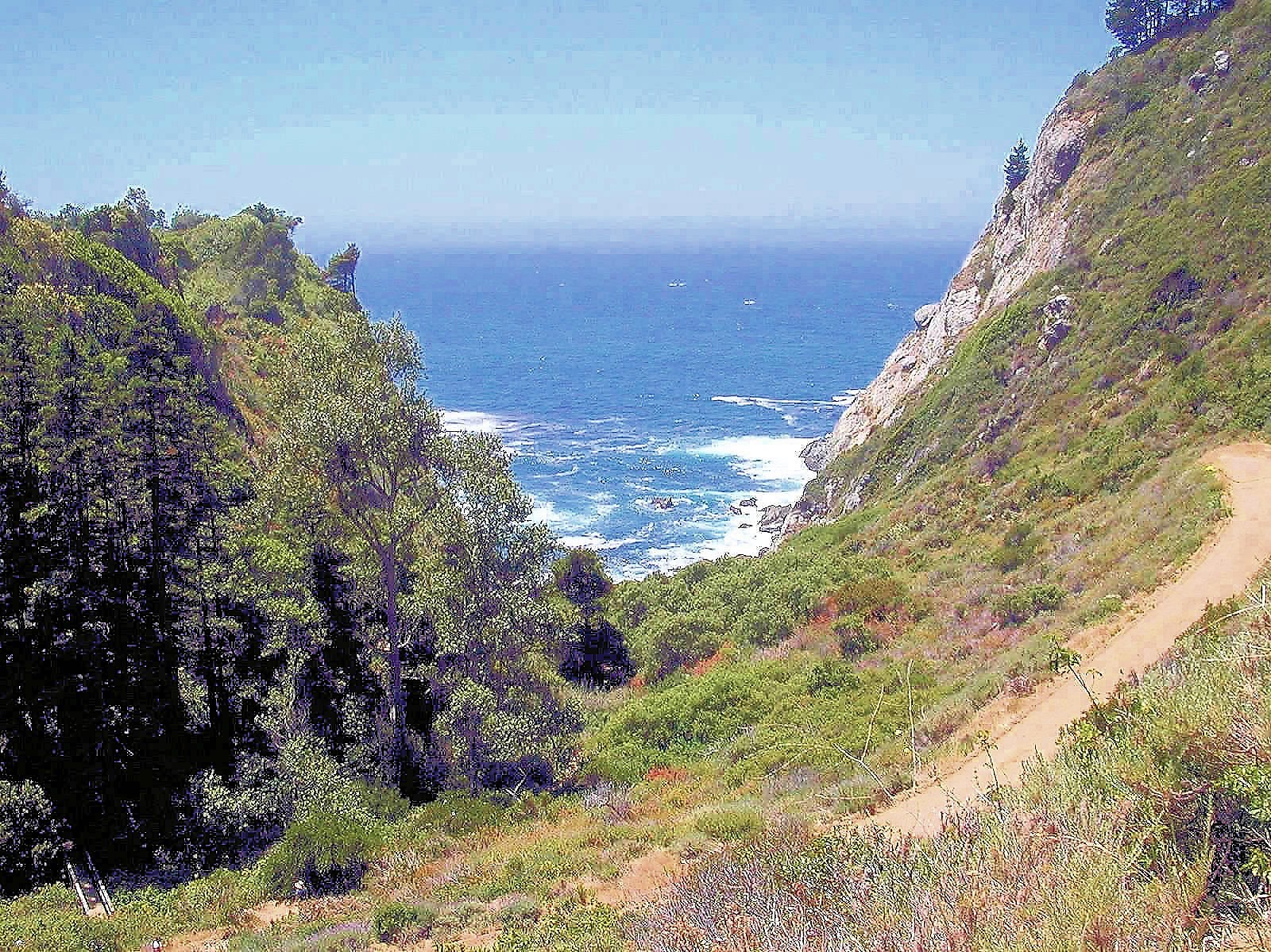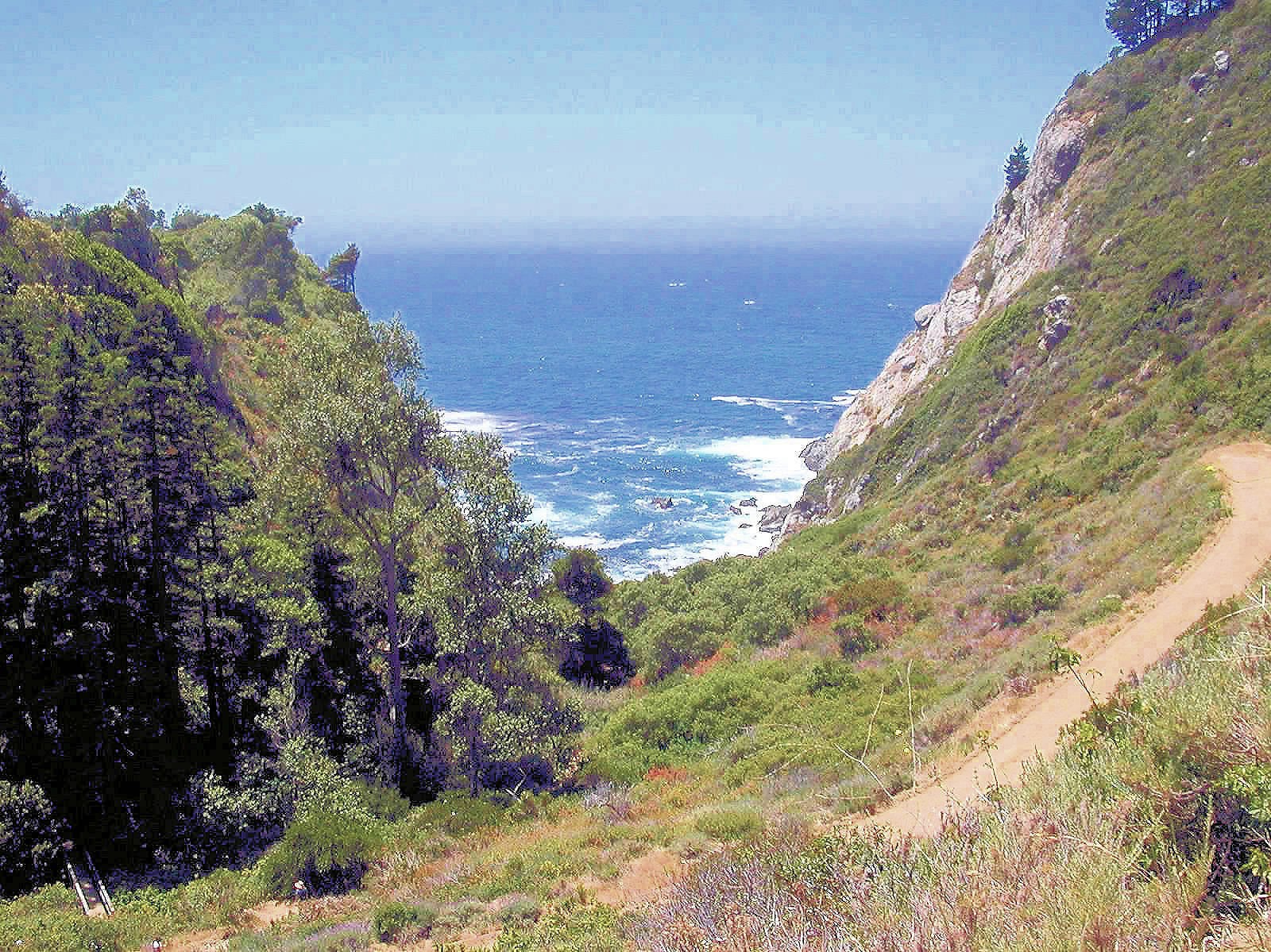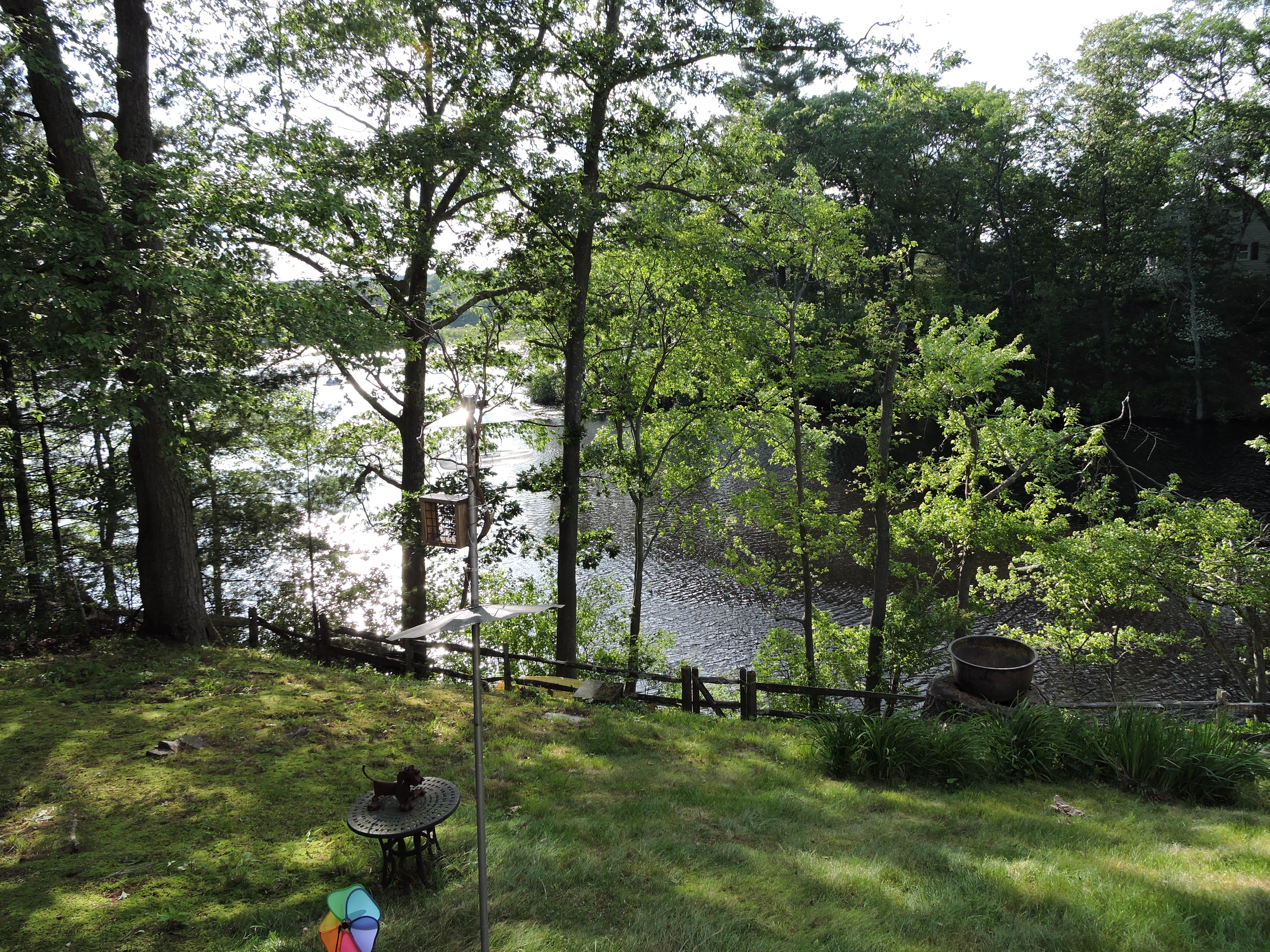The truth about Happiness
Maslow’s focus on human nature and especially our potential to develop our capacity and potential to be fully ourselves lead him to examine the characteristic of self-actualized people. What he found were people who were fully themselves. People who were exceptionally aware of conditions around them and within themselves. And significantly for this chapter people whose lives frequently were characterized by periods of” pure joy” We will now look at Maslow’s take on Happiness and the kinds of experience which he described as being so wonderful that the “validated life”
Happiness
Have you ever wondered why people are always searching for happiness? Find it, lose it, find it again and experience disappointment that the search for permanent happiness is so elusive. Maslow, unlike his contemporaries in psychology, looked at just such issues as he explored the broader concern of formulating a philosophy of life. He wrote extensively about happiness and about the primary method for achieving it through peak experiences, In fact, he has so much to say that I divided this subject into 2 parts Happiness( this chapter) — what happiness is, and Peak-experiences( chapter12)—-the best way to experience it.
Maslow points out that most of us go about the pursuit of” happiness “ in an ineffective way. He warns us what not to do and suggests the conditions under which greater fulfillment and happiness can occur. Maslow notes the pitfalls in seeking happiness directly in the following quote, “Apparently, the act of seeking directly for happiness just does not work psychologically as a means of living a worthwhile life.” (pg. 23) Fut”
Even after achieving happiness, Maslow warns us about its temporariness. He quotes Wilson in the following; “Human beings seem almost never to be permanently satisfied or content and—deeply connected with this—that people tend to get used to their blessings, to forget them, to take them for granted, even cease to value them. For many people—we don’t know how many—even the highest pleasures may grow stale and may lose their newness (Wilson, 1969), and it may be necessary to experience loss of their blessings in order to be able to appreciate them again.”
Tevye in” Fiddler on the Roof” rather eloquently addresses the importance of happiness when he declares, “ There is more to life than Happiness……………..but don’t ask me what.
Maslow does not discourage the enjoyment of happiness but offers sage input on where to begin the search and how better to understand its true nature. He expresses this in the following, “Though real happiness may be transient, it is still quite vivid in memory and can be deliberately recalled, re-experienced, and enjoyed like a ruminated cud. This involves a voluntary and intellectual process that we can all learn to accomplish.”
It is not that he is doing a bait and switch, but rather he is conveying the idea that happiness is more than the greatest joy we can imagine but rather is an experience of entering into a higher level of existence. This level is not static and involves far more than passive enjoyment of pleasure. In a complex but enticing paragraph in his journal, he spells it out for us. This explanation may take more than one reading to get it. Maslow wrote:
“The highest end & happiness come from observing, contemplating, savoring the B-values. But one has to be worthy to deserve this & to be able to perceive them & not to be frightened by them to the point of flight or counterattack. Being worthy = being a good person (healthy, authentic, real, etc.) = trying to become a good person. The rewards for being good are contemplation & experiencing the B-values. This is the definition of the happiest- highest life.” (pg. 463 Journal 6, 1964-1965) and as a result of this process “Heaven, so to speak, lies waiting for us through life, ready to step into for a time and to enjoy, before we have to come back to our ordinary life of striving. And once we have been in it, we can remember it forever, and feed ourselves on this memory and sustained in time of stress. “
So what does that statement really tell us?. It means Happiness is more than we have imagined and will require more effort than we thought, but it will be worth it. We need to be aware of our inner nature, meet our basic needs, be on the path of self-actualizing ourselves and opening ourselves to embrace the most important values that are contemplated by healthy human beings—the B-Values. Furthermore, we must give up our misconceptions that we can live happily ever after, and accept the reality that as biological creatures our innate curiosities, and inner signals will lead us towards ever more interesting and inspiring places. Happiness is to be enjoyed especially as we reap the benefits of self-actualization, but it is not a static or constant reality.—-Thus the inconvenient truth.





1 comment
I enjoyed your thoughtful comments on happiness.
Your title, An Inconvenient Truth, intrigued me.
Perhaps I read too quickly. Please, what is the particular “Truth” that is inconvenient.
I’d like to mull that over.
Thank you, Judy
Comments are closed.